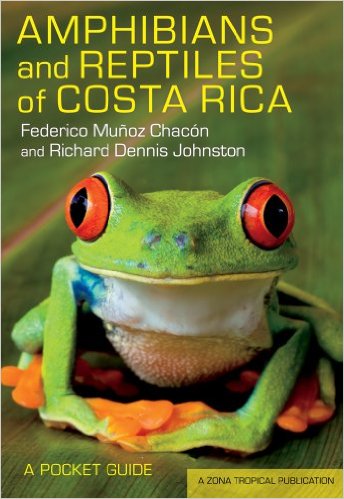Bryan Pijanowski, professor of landscape ecology in the Department of Forestry and Natural Resources at Purdue University and director of the Discovery Park Center for Global Soundscapes, is the focus of an in-depth story now posted on the CNN website. John Sutter, a columnist for CNN Opinion focusing on climate change and social justice, accompanied Pijanowski and a team of researchers to the Costa Rican rainforest, where they recorded the sounds of amphibians in danger of extinction as part of the Center for Global Soundscapes’ Vanishing Soundscapes initiative. Sutter’s account of the expedition, “Listening for the amphibian apocalypse,” is available at http://www.cnn.com/2016/12/11/world/vanishing-sutter-amphibian-extincti….
The goal of the Vanishing Soundscapes project is to record and archive sounds from threatened species and habitats throughout the world, from South America to the deserts of Mongolia. So far, Pijanowski, an ecologist by training, has collected more than 1.2 million recordings, totaling about 250,000 hours of sound.
Some of those recordings, along with satellite imagery and instructional media, are available on the center’s website at http://centerforglobalsoundscapes.org.
Pijanowski and his colleagues have been visiting the La Selva Biological Research Station in Costa Rica since 2008. Pijanowski tells CNN a comparison of recordings over time indicates a significant decline in amphibian species in the region, which is noted for its biodiversity.
“I’m worried that these would potentially become acoustic fossils,” he says. “In other words, the animals that are in these files are no longer alive. And the only record that we have of some of their presence is an audio recording.”
In addition to Costa Rica, Pijanowski and his team have also collected sounds from the Aldo Leopold Reserve in Wisconsin, the Chiricahua National Monument in Arizona, the Kuala Belalong Forest in Borneo, the Platte River in Nebraska, the Wells National Estuarine Research Reserve in Maine and Denali, Alaska.
Source: The Purdue Exponent, 13 December 2016
http://www.purdueexponent.org/article_1675da6c-c0e8-11e6-af4c-0b5ac5f5e…

- Login om te reageren
